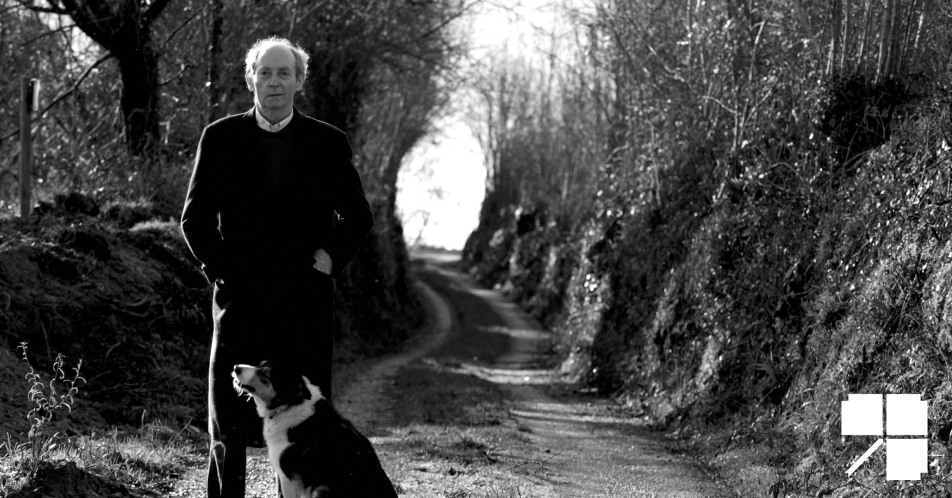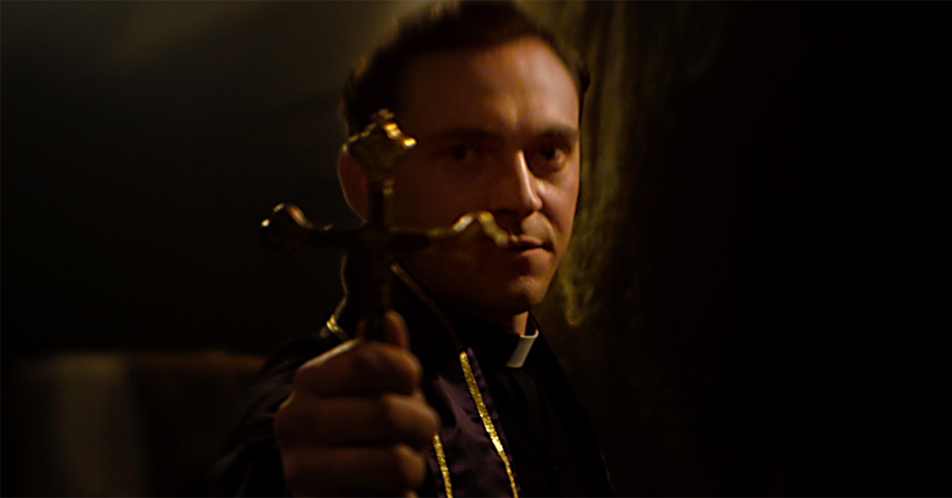
As children and adolescents in Ireland during the 1950s and 60s we were used to the Catholic Church invading every sphere of our lives . . .

As children and adolescents in Ireland during the 1950s and 60s we were used to the Catholic Church invading every sphere of our lives . . .

Most of us well-fed, often overweight westerners of the high-income MED countries, when we say we are hungry probably mean we have a bit of an appetite or a yearning for our next meal, for something tasty to eat, even when we do not actually need food. . . .

The IFI International networking meeting annually held by the Irish Film Institute in Galway during the Film Fleadh was forced to move online this year, taking place during the virtual edition of the Fleadh (July 7th – 12th, 2020) . . .

An author who has certainly got a lot to say about Ireland is Paul Lynch. Guest at the eleventh edition of Rome’s Irish Film Festa, March 2018, also as a cinema specialist . . .

This year, IRISH FILM FESTA short film programme focuses on documentaries, with a dedicated section, and includes Bog Graffiti (Friday 29 March, 6.30 pm), the latest experimental work by veteran author Bob Quinn, shot and edited «on his bog» in Conamara. . . .

IRISHFILMFESTA, Year Twelve, a semi-deluxe edition, chock-a-block of substantiation and surprises. We hasten to emphasise the amount of space taken over – assertively – by the documentary as features and as competitors in the shorts section. . . .

Karl Geary’s literary debut is a novel, the life story of Sonny Knolls, an intelligent, gentle boy, born into a workingclass family, to which he feels he does not belong, except by blood. It is of this blood that he would like to cleanse himself, perhaps, just like he rids himself . . .
A dark comedy about the world’s second oldest man: Second to None is a funny and highly original animated short film in competition at the 10th Irish Film Festa (March 30th – April 2nd, Rome). We spoke to the director Vincent Gallagher, who was in competition also last year with Love is a Sting. . . .

A young priest is sent to a remote island off the Irish coast to help protect an estranged fishing community from dark supernatural forces, but nothing is as it seems: Blight is a horror short film in competition at the 10th Irish Film Festa (March 30th – April 2nd, Rome). . . .
A modern adaptation of the epic Irish poem Cúirt An Mhéan Oíche / The Midnight Court, written in the 1700s by Brian Merriman: An Chúirt (The Court) is a very peculiar, Irish-spoken short film in competition at the 10th Irish Film Festa (March 30th – April 2nd, Rome). . . .
The battle of James Ellis (played by Michael Shea) and Sam Thompson (Adrian Dunbar) to stage the play Over the Bridge in face of censorship in 1950s Belfast: Two Angry Men is one of the short films in competition at the 10th Irish Film Festa (March 30th – April 2nd, Rome).
We spoke to the director Toto Ellis, James’ son. . . .
A man follows the orders of a dog to wear a mysterious coat with impossible pockets: it’s the mysterious plot of A Coat Made Dark, one of the animated short films in competition at the 10th Irish Film Festa (March 30th – April 2nd, Rome).
We spoke to the young director Jack O’Shea, whose works have appeared at film festivals worldwide, including the Annecy International Animated Film Festival.
What kind of drawing and animation techniques were used for the film?
The film was animated digitally, using a hand-drawn frame by frame technique. I previously explored a similar painterly/inky aesthetic using a traditional approach with organic materials. However I found I could more closely capture the desired aesthetic using a digital process.
How did you set the strong and minimal colour palette?
The story relies a lot on what isn’t said directly, or is kept from the audience. To capture this idea visually, it was important to hide much that appears on screen in vast black spaces. The details that are left become more striking, and imply at what might be disguised in darkness.
What about the voices of your characters – Hugh O’Connor, Declan Conlon and Antonia Campbell Hughes?
The characters in the film are afraid to give anything away, speaking only as a last resort. Each of these voice performances captured this idea, and explored other ways to emphasise this underlying tension, given the dialogue was so limited. It was the subtle details they offered to the performances that served to capture this idea most effectively.